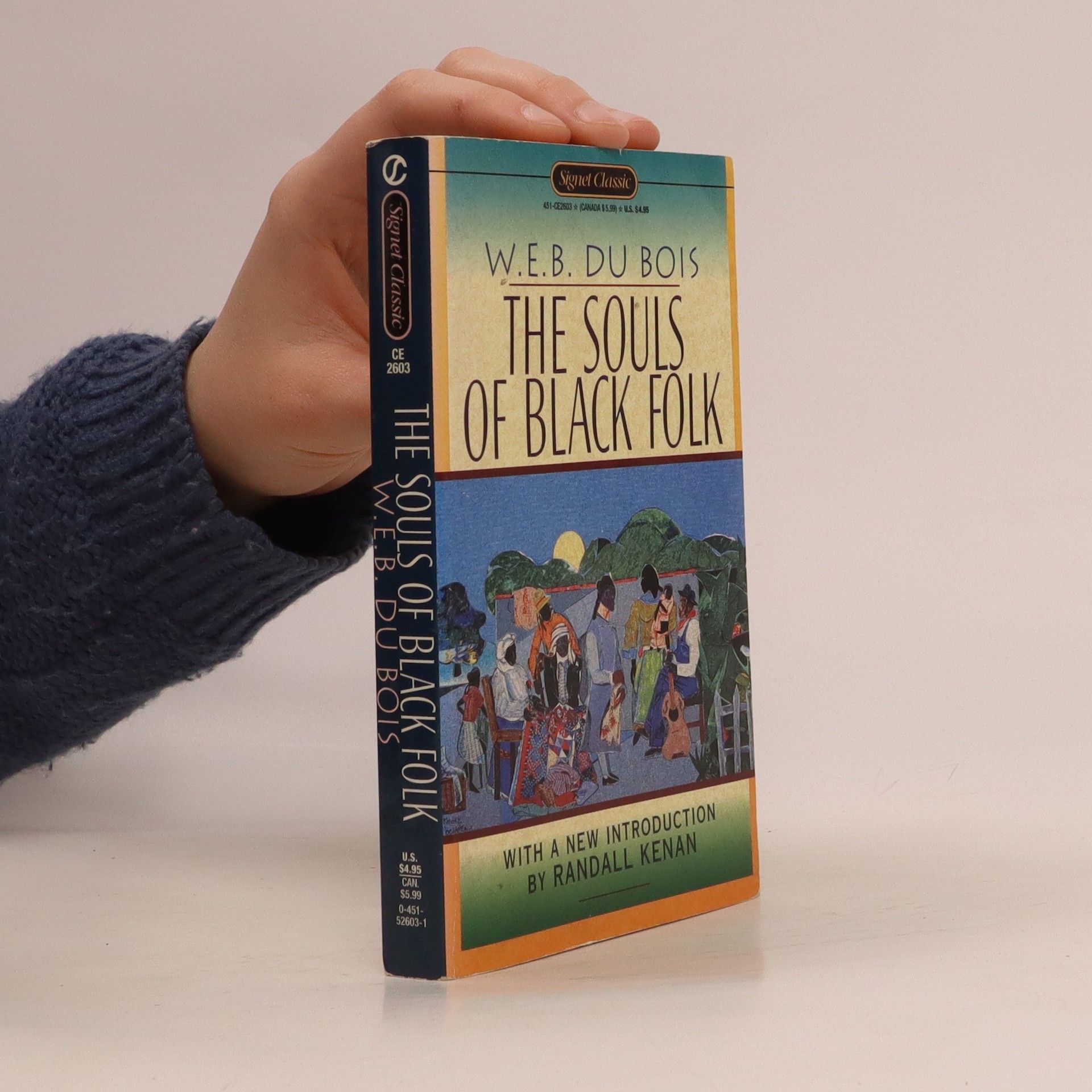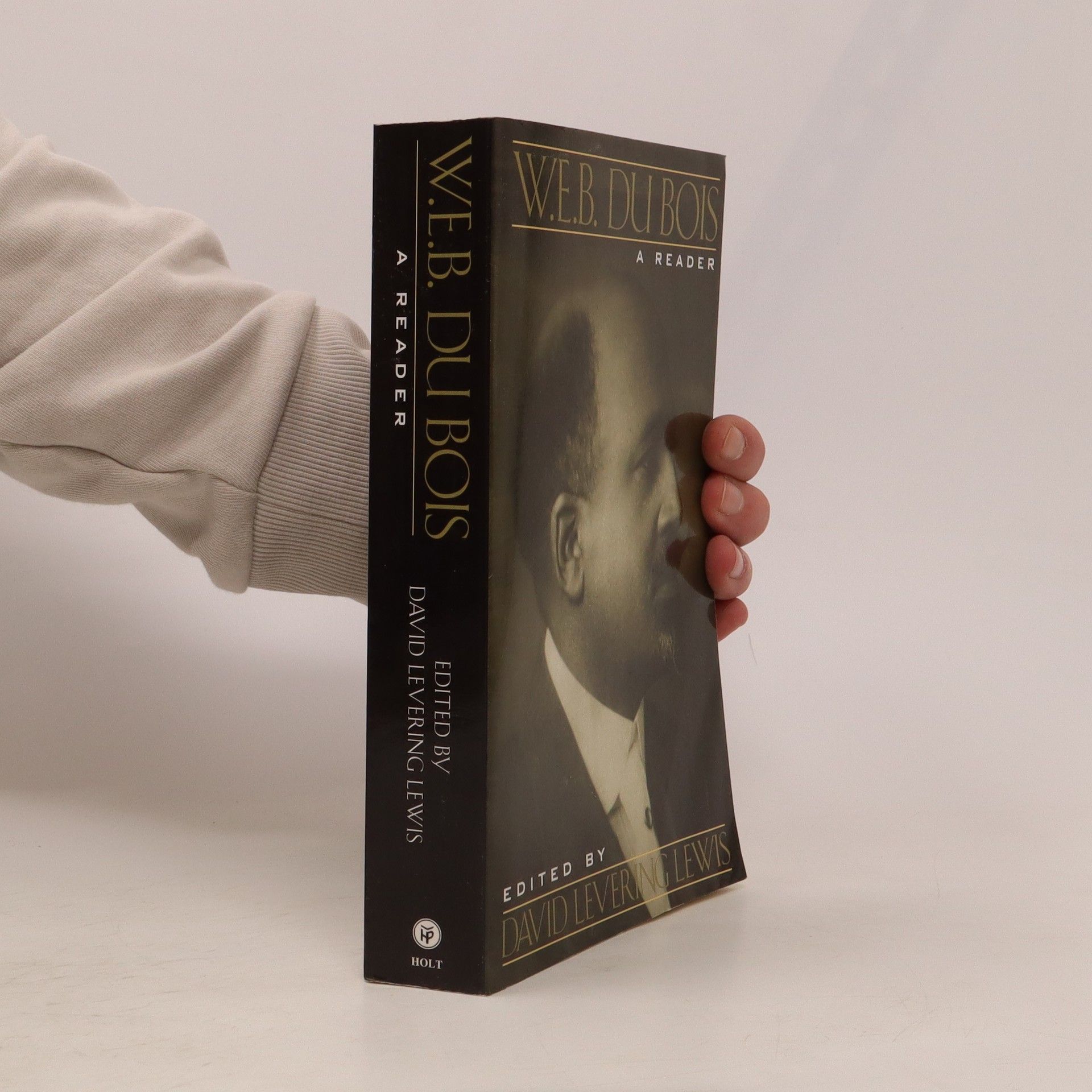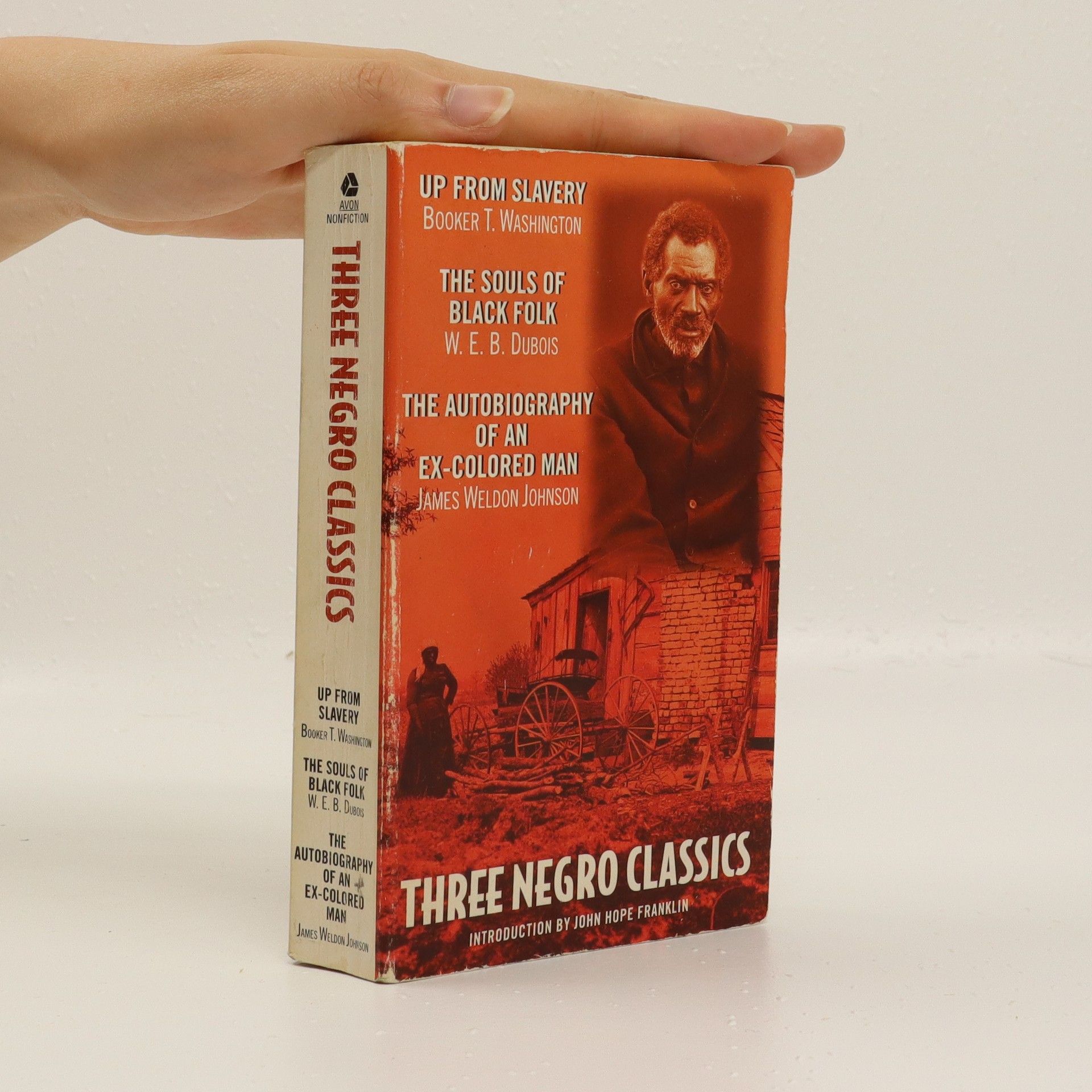The Problem of the Color Line at the Turn of the Twentieth Century
The Essential Early Essays
- 386bladzijden
- 14 uur lezen
The collection features pivotal essays by W. E. B. Du Bois, showcasing his early concepts such as "the veil," "double-consciousness," and the "problem of the color line." Spanning from 1894 to 1906, these writings, some previously unpublished or recently translated, reveal Du Bois's profound historical insights and his evolving thoughts on race and identity. This volume serves as a crucial companion to his renowned work, The Souls of Black Folk, highlighting the foundational ideas that shaped his intellectual legacy.



